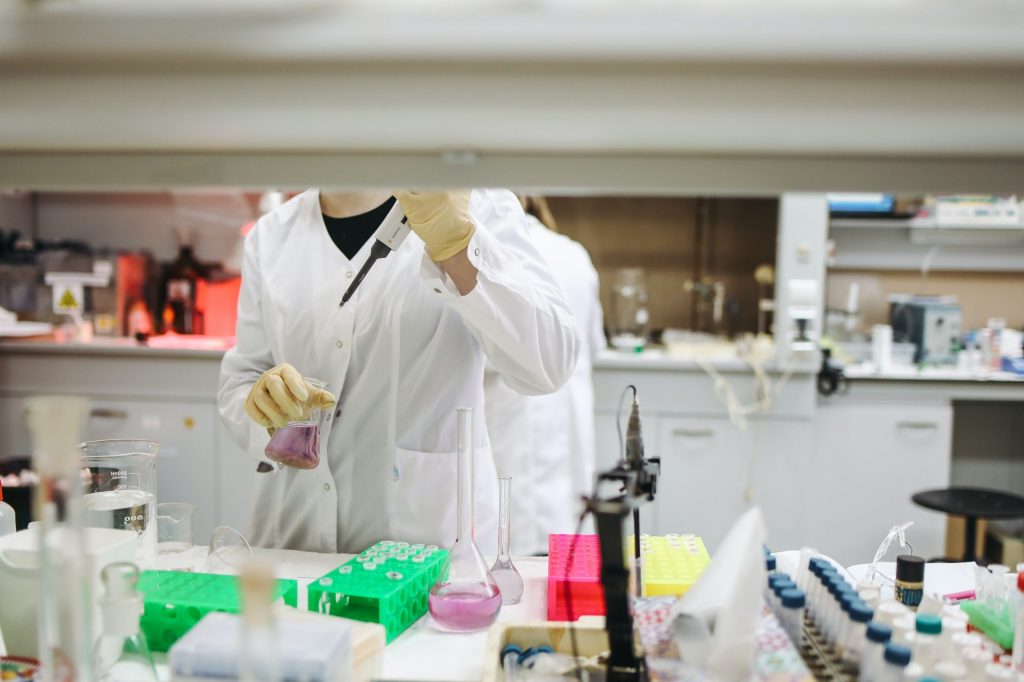In the technology world, laboratory setup Malaysia is important, an intricate process goes into setting up a new lab. The first stage in setting up the lab is figuring out what it will be used for, in order to ensure that everything goes as planned. Each type of laboratory, whether it is for research, analysis, or education, has a certain design and set of specifications. While analytical labs need air conditioning and adjustable humidity, research labs need autoclaves, biosafety cabinets, freezers, incubators, and sterile spaces.
A whiteboard, a projector, a whiteboard, and storage are necessities for an educational lab. Any lab should be designed before it is set up, and this is a critical stage. There must be spaces for testing, storing, acceptable equipment installation, restrooms, dressing rooms, study places, and emergency exits in the design. After the design is finished, picking out the laboratory furniture is essential.
Laboratory’s types

Frequently, individuals think of their biology class in high school or their doctor’s office when they hear the words “lab setup.” It’s a fact that labs are necessary in a variety of contexts and for a number of factors. A handful of the numerous varieties of lab setups are shown below.
Lab for Microbiology
The necessary tools will be available in the microbiology lab for the testing and inspection of food, swabs, and water samples for bacteria that might or might not be dangerous to people and animals. Salmonella, bacillus cereus, yeast, mold, coliforms, and other organisms are tested for. Additional tests that can be performed include those for bacteria, viruses, mycotoxins such as aflatoxin and citrinin, allergies, and vitamins, which call for specialized high-tech equipment.
Clinical Laboratories
The clinic is the location that most often comes to mind when people think of lab sets, second only to a doctor’s office. Samples from patients will be taken by doctors, who must test them quickly and effectively. To accurately diagnose their patients, they will want tools for analyzing blood, saliva, and urine samples. They can treat their patients effectively once a diagnosis has been made.
Lab for Chemicals
The chemical laboratory will be furnished with the most up-to-date technological tools. Such as chromatographs and spectrometrics, depending on the type of test being conducted. Testing will also involve identifying and determining the presence of elements like metals and contaminants in a variety of samples, including those from food, water, feed, the environment, and commercial goods. Methods of analysis and testing that adhere to international standards are used to satisfy both local and global demands.
Labs in Industry
Industries like those that produce fertilizer and other related items will need to have an internal lab set up to ensure that their products meet the standards they are aiming for. To test the dirt, they might use microscopes or plastic.
Lab for science
Many scientists work in laboratories outside of the realm of education. These research institutes probably have a wide variety of tools to finish their work. Among them are calorimeters, spectrometers, spectrophotometers, electroscopes, and more.
